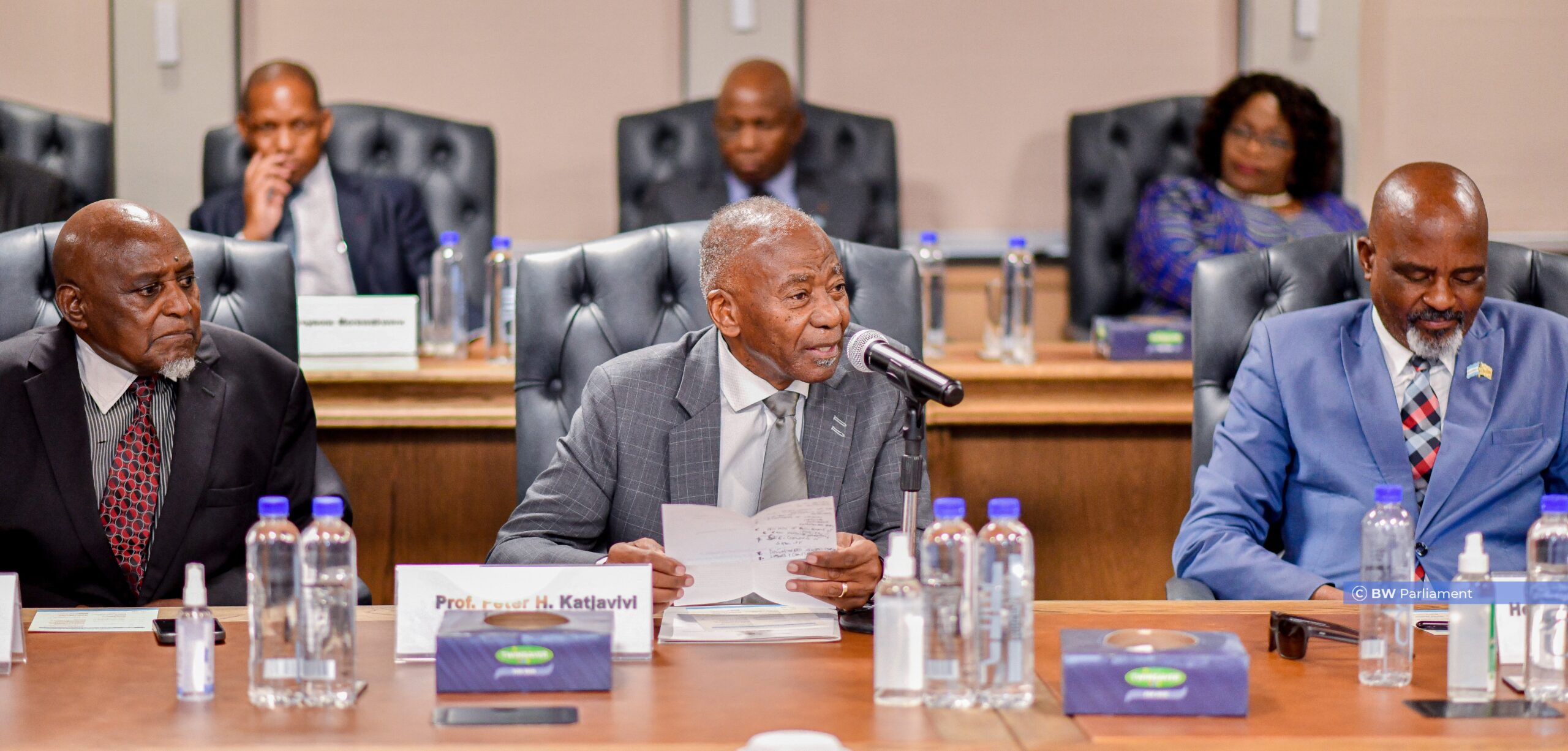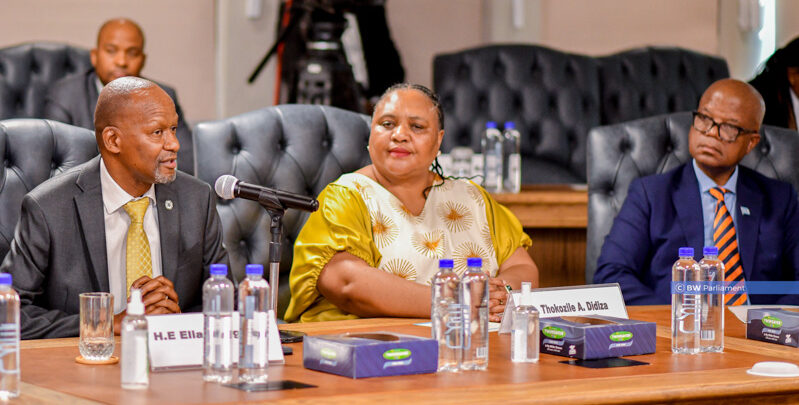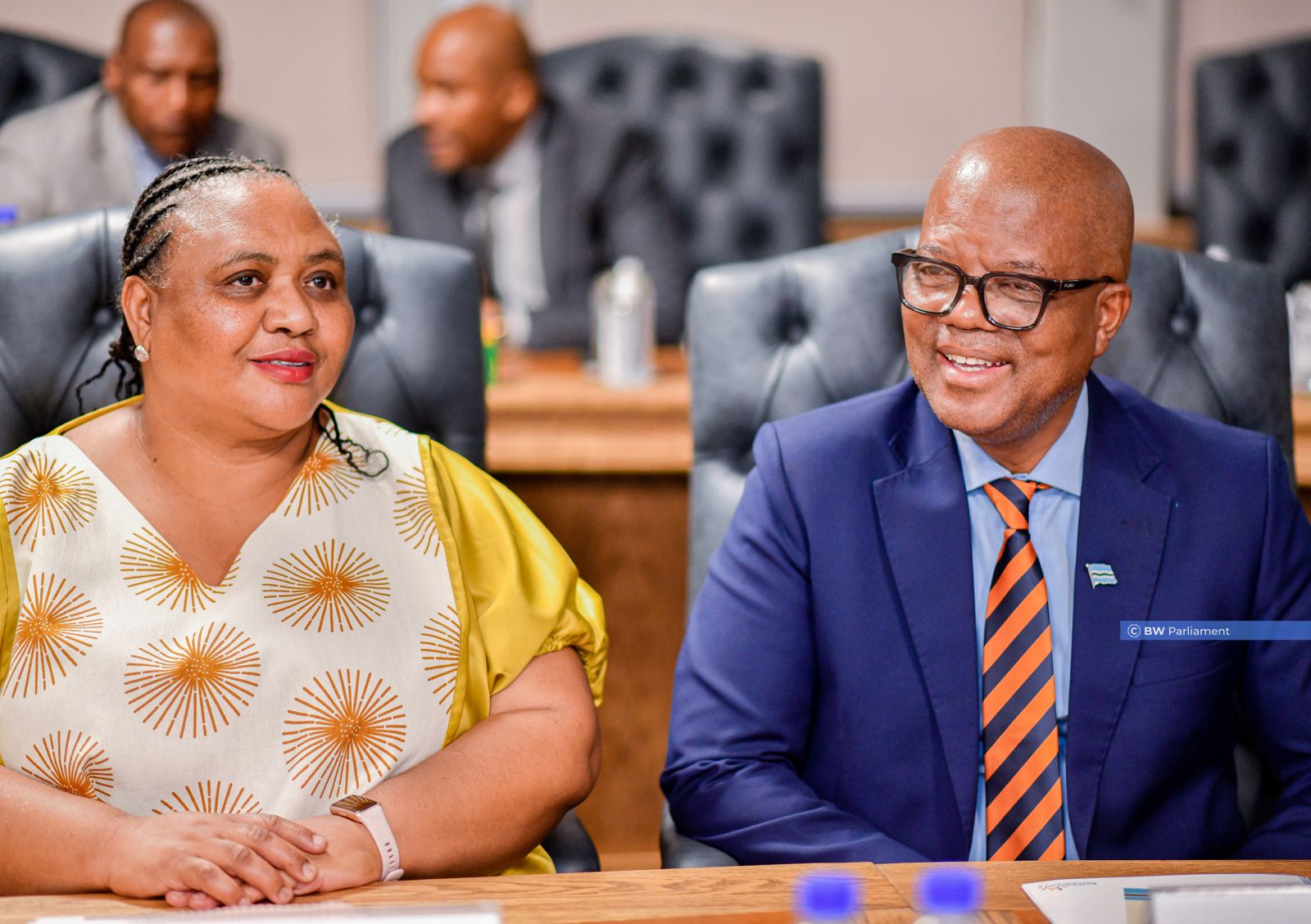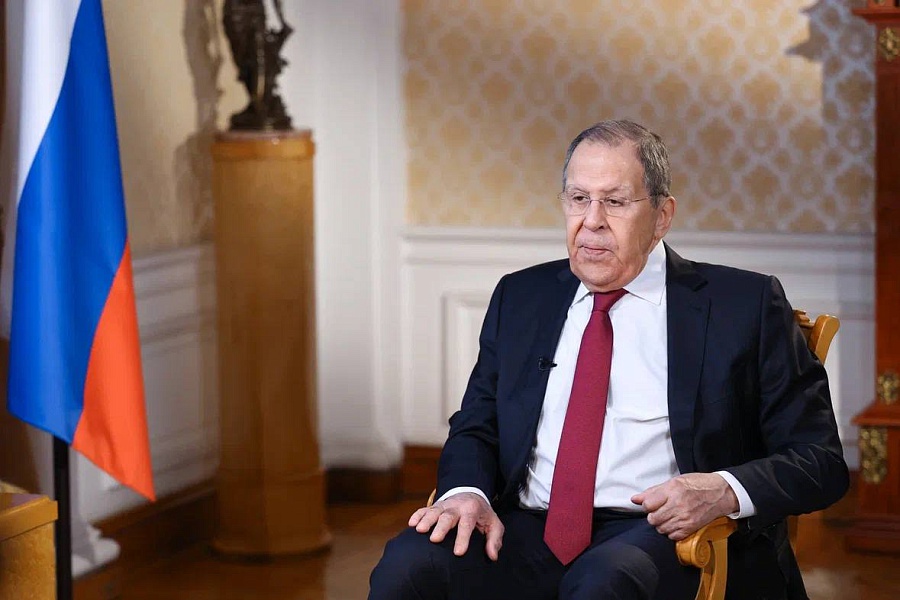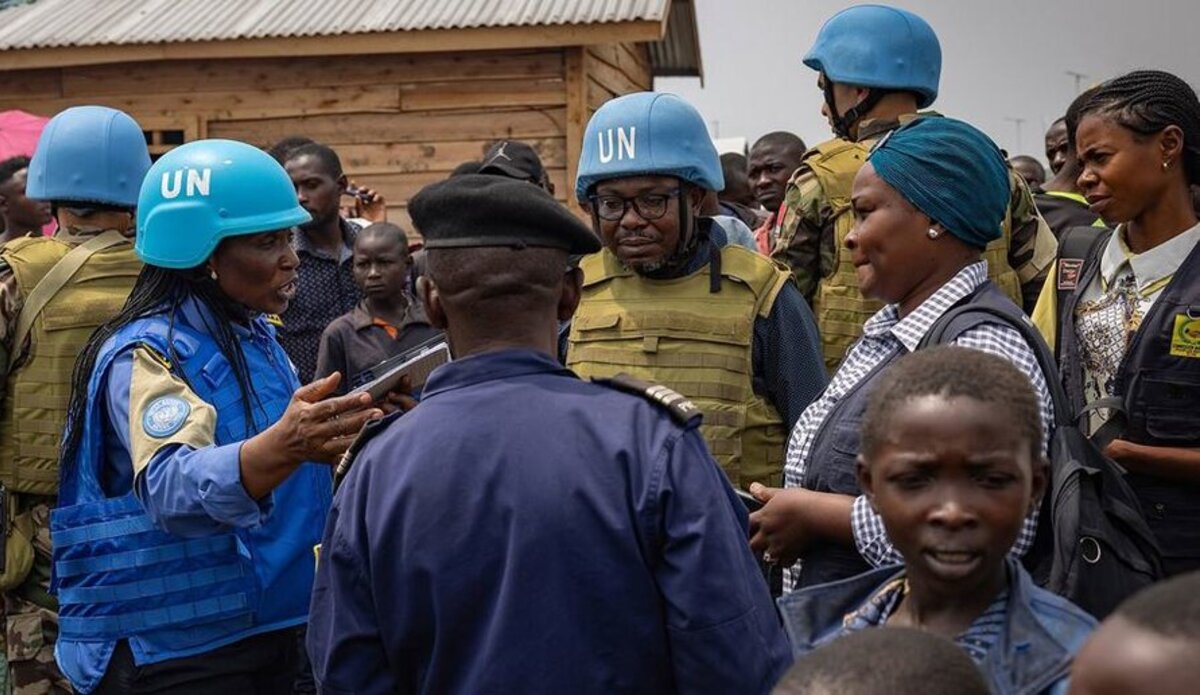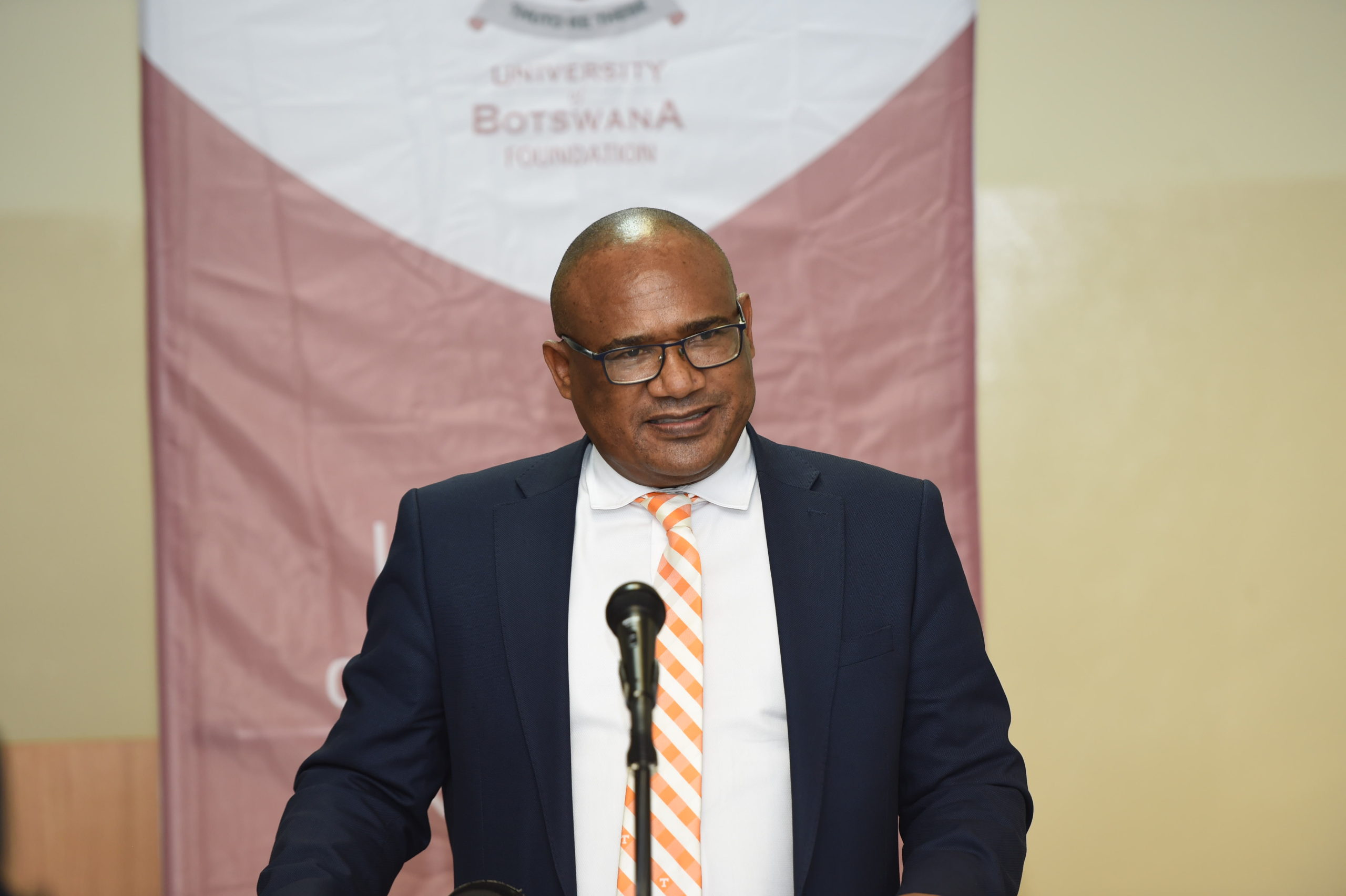
Vice Chancellor Prof. David Norris insisted when he joined UB in 2018 that it must be subjected to peer review by reputable ranking institutions
The Pan Afrikanist Watchman
The University of Botswana has retained its position as the number 1 university in Botswana, is in the Top 20 of Africa’s universities and remained within the 2nd quartile of world universities.
This is according to the latest report of the Times Higher Education (THE) World University Rankings for the past two years 2020/2021.

The report came out last week. It places UB at No. 1 in Botswana, 21 in Africa from last year’s 16 and 1200 in the world out of the 1660 universities that were ranked.
An elated Director of the Department of Institutional Planning at the University of Botswana Richard Neil told The Pan Afrikanist this week that the 2022 rankings show a slight improvement from last year.
For instance, the University improved its research output score from 10.8/100 (2021) to 12.6 (2022) and doubled its citation impact score from 13.7/100 (2021) to 26.0/100 (2022).
The Times Higher Education World University Rankings are, according to Neil, the only global performance tables that judge research-intensive universities across all their core missions: teaching, research, knowledge transfer and international outlook.
The others are the QS World University Rankings, which ranks the world’s top universities in individual subject areas, covering 48 subjects as of 2018 and lastly, the Academic Ranking of World Universities (ARWU), also known as Shanghai Ranking.
The University of Botswana chose to be ranked by the UK-based institute (THE) simply because the UB Strategy (2020) envisions UB as a research-intensive university and “a distinctive centre of academic excellence, in Botswana, Africa and the World” by 2029.
The THE ranking of the World’s Universities for 2022 assessed 2,100 institutions from 99 countries across the World and included 1662 in its final rankings.
Prof. Neil was joined by Assistant Director in the Department of Institutional Planning Kagiso Kobedi and Reetsang Mhitshane, Director, Department of Public Affairs during the interview, which was conducted virtually.
Neil raved about UB’s performance during the period to September 2021, saying it “was notable”, as it maintained its relative positions in Botswana (first), Africa (21st) and the World (1200) in-spite of the challenges posed by COVID 19.
The UB director attributed the significant drop in ranking from 16 last year to 21st this year in Africa to the many other reputable African Universities that have also applied to be ranked under THE.
Neil explained that for this year’s assessment the THE analysed more than 108 million citations across over 14.4 million research public actions and included survey responses from almost 22 000 scholars globally.
He said the University maintained its performance remaining within the 2nd Quartile Bracket (25-50%) and managed to either maintain or improve its performance across all of the five (5) performance pillars and metrics.
“While these scores are still low and need to be improved for UB to achieve its ambition of research intensity, nevertheless it shows a commendable improvement on a year by year basis”, Neil said.
Under the THE ranking, 13 performance indicators are assessed which are grouped into five pillars – Teaching (the learning environment); Research (volume, income, and reputation); Citations (research influenced); Industry income (knowledge transfer) and International Outlook (staff, students and research).
The results of the assessment are then independently audited by Price-Waterhouse Coopers (PwC) and are published annually in September by the Timer Higher Education.
